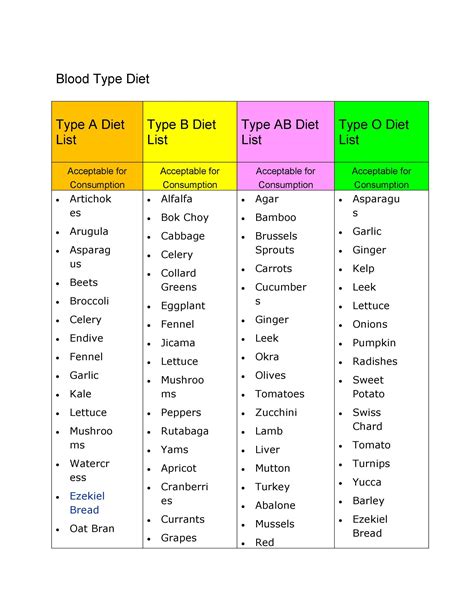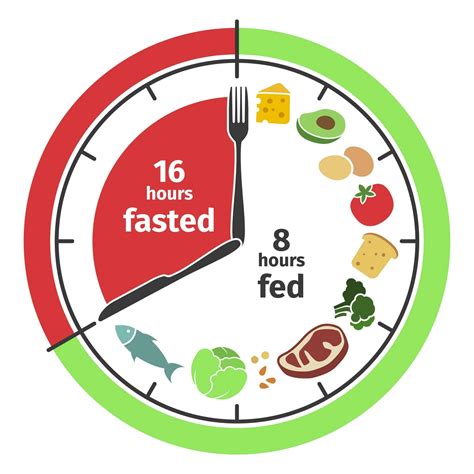Discover the health benefits of the Planetary Health Diet and learn key principles, meal planning tips, and solutions for adhering to this sustainable eating plan.
Understanding the Planetary Health Diet
Contents
The Planetary Health Diet is a new approach to eating that is designed to improve both human health and the health of the planet. It was developed by a group of scientists and researchers from around the world and is based on the idea that what is good for our bodies is also good for the planet.
The Planetary Health Diet is centered around whole, unprocessed foods such as fruits, vegetables, whole grains, legumes, nuts, and seeds. This way of eating emphasizes plant-based foods, with small amounts of fish, poultry, and dairy, and very little red meat and sugar. The goal is to reduce the environmental impact of food production while also improving overall health and well-being.
One of the key principles of the Planetary Health Diet is sustainability. This means choosing foods that have a lower environmental impact, such as fruits and vegetables that are in season and locally grown, and reducing waste by using all parts of the plant, such as eating the stems and leaves of vegetables as well as the more commonly consumed parts.
Following the Planetary Health Diet has numerous health benefits, including a reduced risk of chronic diseases such as heart disease, diabetes, and certain types of cancer, as well as improved weight management and overall well-being. The diet is also good for the planet, as it can help reduce greenhouse gas emissions, water usage, and land degradation.
Key Principles for Following the Diet
One of the key principles for following the Planetary Health Diet is to focus on consuming primarily plant-based foods. This means incorporating a variety of fruits, vegetables, whole grains, nuts, and seeds into your daily meals. These foods are not only rich in essential nutrients and antioxidants, but they also have a lower environmental impact compared to animal-based products.
Another important principle is to limit the consumption of animal products, particularly red meat and dairy. The Planetary Health Diet recommends significantly reducing the intake of these foods in order to minimize the negative impact on both personal health and the environment. Instead, individuals are encouraged to opt for lean protein sources such as fish, poultry, and eggs in moderation.
In addition, it is crucial to prioritize sustainable and locally-sourced ingredients whenever possible. By supporting local farmers and choosing foods that have been grown or produced in an environmentally friendly manner, you can contribute to the overall sustainability of the Planetary Health Diet and reduce your carbon footprint.
Finally, an essential principle for following the Planetary Health Diet is to be mindful of food waste. Planning meals, buying only what is necessary, and utilizing leftovers effectively are all critical practices for minimizing waste and promoting sustainability. By adopting these key principles, individuals can make a positive impact on their own health and the health of the planet.
Health Benefits of the Planetary Health Diet
The Planetary Health Diet is designed to not only improve our own health but also the health of the planet. By focusing on consuming more plant-based foods and reducing the intake of animal products, this diet offers a wide range of health benefits. One of the key benefits of this diet is its potential to lower the risk of chronic diseases such as heart disease, diabetes, and certain types of cancer. The emphasis on fruits, vegetables, whole grains, and legumes provides a rich source of essential vitamins, minerals, and antioxidants that can support overall health and well-being.
In addition to reducing the risk of chronic diseases, following the Planetary Health Diet can also help with weight management. The high fiber content of plant-based foods can promote a feeling of fullness and satisfaction, leading to reduced calorie intake and better weight control. Moreover, studies have suggested that plant-based diets are associated with a lower BMI and decreased risk of obesity, making them a valuable tool in managing weight and promoting a healthy body composition.
Furthermore, adopting the Planetary Health Diet can lead to a positive impact on the environment, contributing to the sustainable use of resources and reducing greenhouse gas emissions. By choosing more plant-based options and minimizing the consumption of animal products, individuals can play a part in conserving natural habitats, reducing water usage, and lowering their carbon footprint. This dietary approach aligns with the principles of environmental conservation and supports the well-being of the planet as a whole.
Another notable benefit of the Planetary Health Diet is its potential to improve overall longevity and promote a healthier aging process. The nutrient-dense nature of plant-based foods, combined with their anti-inflammatory and antioxidative properties, can contribute to better cellular health, reduced oxidative stress, and enhanced immune function. These factors can collectively support a lower risk of age-related diseases and contribute to a longer, healthier lifespan.
Tips for Planning Meals and Recipes
When following the Planetary Health Diet, it’s important to carefully plan your meals and recipes in order to ensure that you are meeting all of your nutritional needs while also minimizing your impact on the environment.
One of the key principles of the Planetary Health Diet is to consume a variety of plant-based foods, such as fruits, vegetables, whole grains, nuts, and seeds. When planning your meals, be sure to incorporate a diverse range of these foods in order to ensure that you are getting all of the essential nutrients that your body needs.
Another important tip for planning meals and recipes on the Planetary Health Diet is to minimize your consumption of animal products, such as meat and dairy. Instead, focus on incorporating plant-based sources of protein, such as beans, lentils, and tofu, into your meals. This not only reduces the environmental impact of your diet, but also has been shown to have numerous health benefits.
Additionally, when planning your meals and recipes, consider the environmental impact of the ingredients that you are using. Try to choose locally sourced, seasonal produce whenever possible, as this can help to reduce the carbon footprint of your diet. You may also want to consider incorporating more whole foods into your meals, as these tend to have a lower environmental impact than heavily processed foods.
Finally, when planning your meals and recipes, don’t be afraid to get creative and experiment with new ingredients and flavors. The Planetary Health Diet is all about embracing variety and diversity, so don’t be afraid to try new recipes and explore different cuisines in order to keep your diet exciting and enjoyable.
Challenges and Solutions for Adhering to the Diet
Following the Planetary Health Diet can be challenging, especially in a world where processed and unhealthy foods are easily accessible. One of the main challenges for adhering to this diet is the lack of availability of fresh and local produce. Many people find it difficult to find organic and seasonal fruits and vegetables, which are key components of the diet.
Another challenge is the social aspect of eating. When dining out with friends and family, it can be tough to stick to the diet, as many restaurants do not offer options that align with the Planetary Health Diet. Additionally, people may face resistance or even criticism from others for choosing to follow this eating plan.
One of the solutions to these challenges is to plan meals ahead of time and to stock up on pantry staples. By having a well-stocked kitchen, it is easier to cook meals at home and avoid the temptations of unhealthy fast food or convenience meals. It is also helpful to seek out local farmers markets or co-ops to find fresh, seasonal produce.
For social situations, it can be beneficial to communicate with friends and family about your dietary choices. You can suggest restaurants that offer menu items that fit the Planetary Health Diet, or even host gatherings at your own home where you have control over the menu. Educating others about the environmental and health benefits of this diet may also help to garner support and understanding.
Ultimately, adhering to the Planetary Health Diet requires dedication and a proactive approach to meal planning and food choices. By recognizing and addressing the challenges, it is possible to find sustainable solutions and successfully maintain this healthy and environmentally conscious way of eating.












